Results
-
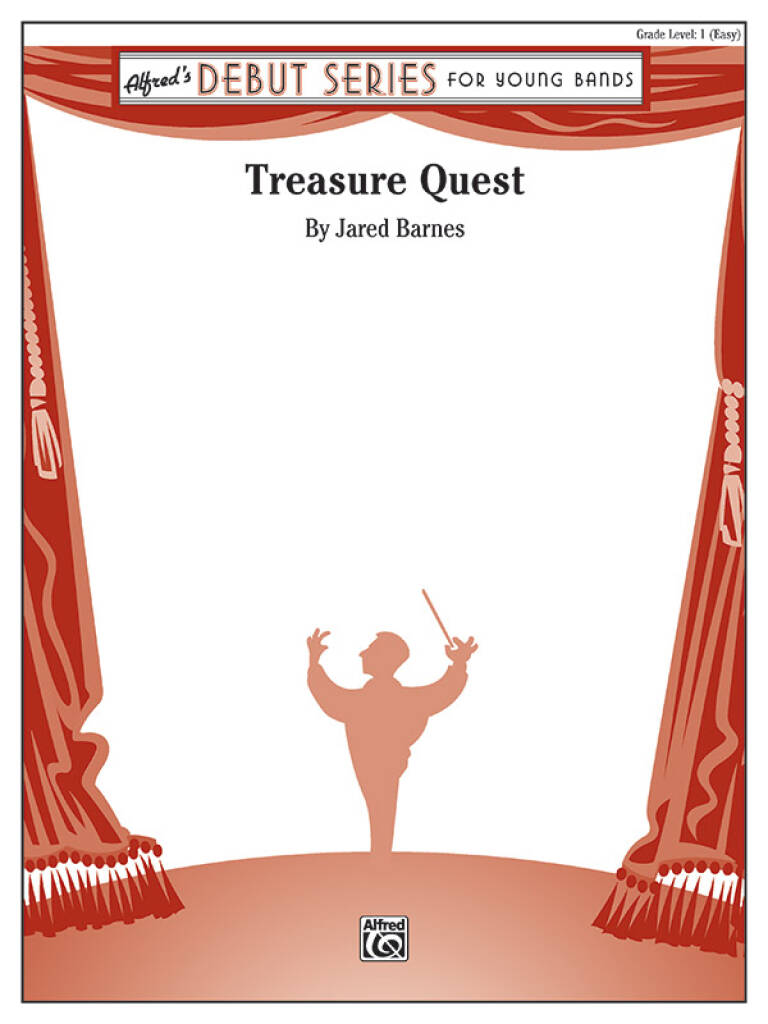 £48.95
£48.95Treasure Quest - Jared Barnes
With the musical call of "Land, ho!" echoing across the band, the tale of pirates, buried treasure, and battle is underway! Written in rondo form, a strong, driving pirate theme serves as the main theme throughout the piece, and surrounds two contrasting sections. (1:50)
Estimated dispatch 7-14 working days
-
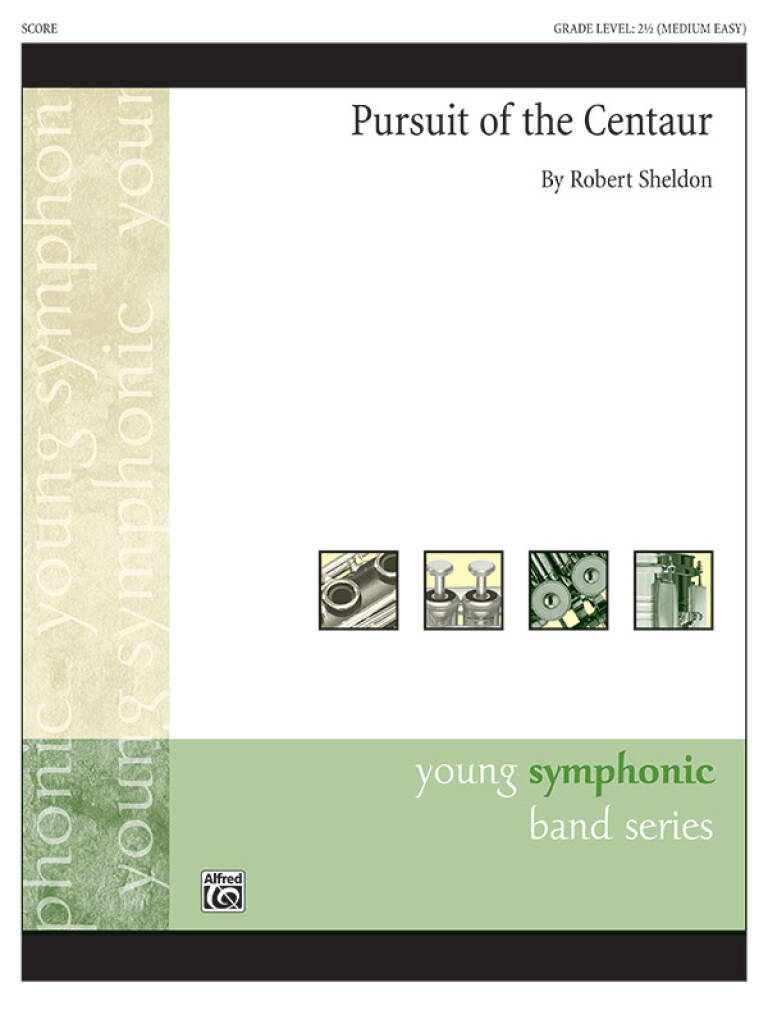 £53.95
£53.95Pursuit of the Centaur - Robert Sheldon
Centaurs are mythological creatures that are half horse and half human. They have been depicted in art and literature for centuries as wild beasts, and also as wise and noble beings. This piece is a musical representation of a journey to find one of these remarkable creatures in a land and time that are long past. (2:25)
Estimated dispatch 7-14 working days
-
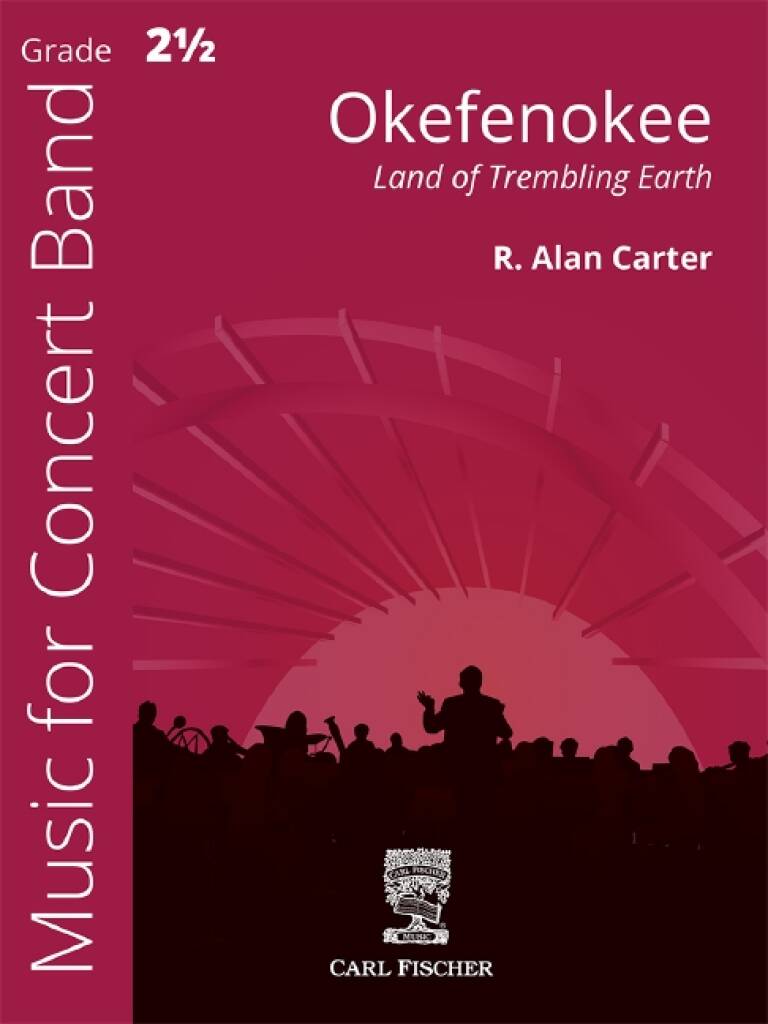 £72.95
£72.95Okefenokee - R. Alan Carter
Named Land of the Trembling Earth because the peat bog, which floats on water, moves when walked upon, the Okefenokee Swamp is a natural wonder. Starting mysteriously with a full-band sound, moving through a middle section with a flute or recorder solo that depicts the life of the early inhabitants, and ending with a spirited dance that features woodwind runs, brass countermelodies and thunderous timpani and bass drum parts, this unique composition offers performers the chance to perform a programmatic work that will challenge and entertain at the same time.
Estimated dispatch 7-14 working days
-
£98.99
Ponderosa - Carl Strommen
The broad, chorale-like opening of Ponderosa brings to mind the wide and pristine prairie - the land of the American West. Full of great lines and fun sections, this saucy take on an Old American sound is sure to excite audiences and students alike.
Estimated dispatch 7-14 working days
-
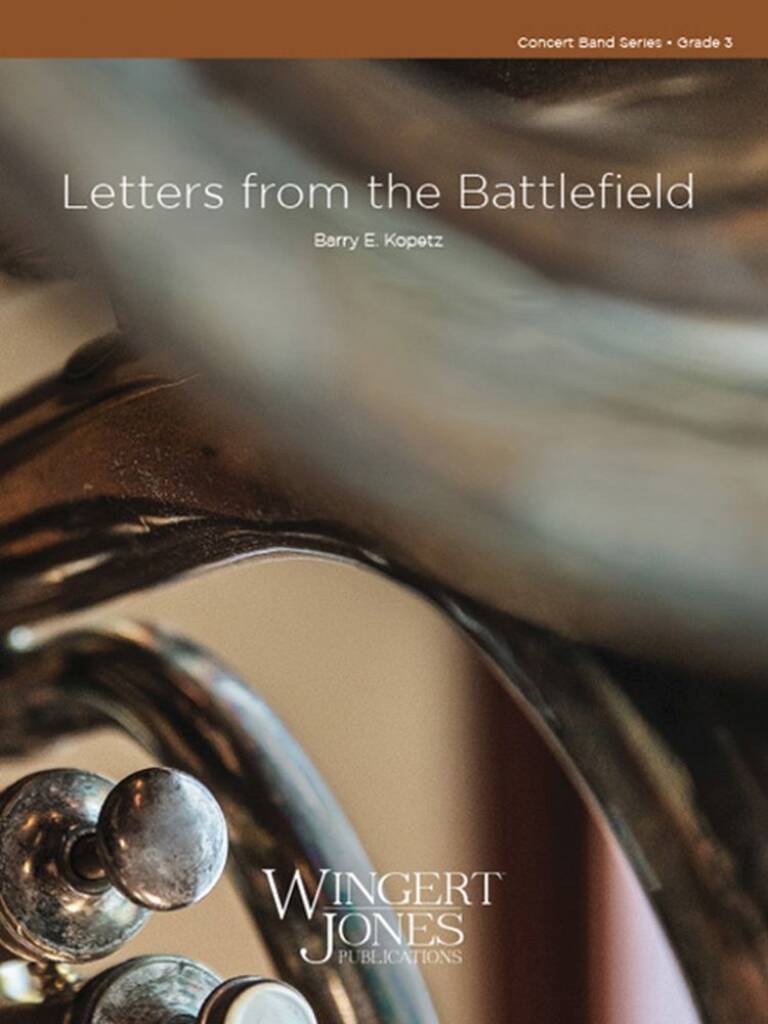 £82.50
£82.50Letters from the Battlefield - Barry E. Kopetz
Letters from the Battlefield was commissioned by the Land of Grant Honor Band to commemorate the end of the American Civil War. The collected letters of U.S. Grant reveal much information about the thoughts and emotions he was experiencing around the events of the Civil War. Some of the letters are tenderhearted, written in moments of sentimental passion; others are very clear and emphatic statements that he will do whatever it takes to bring the war to a close. The many moods and emotions expressed in his correspondence are reflected in the various sections of this powerful and moving work. An outstanding concert work, it is also appropriate for Civil War or patriotic commemorative ceremonies.
Estimated dispatch 7-14 working days
-
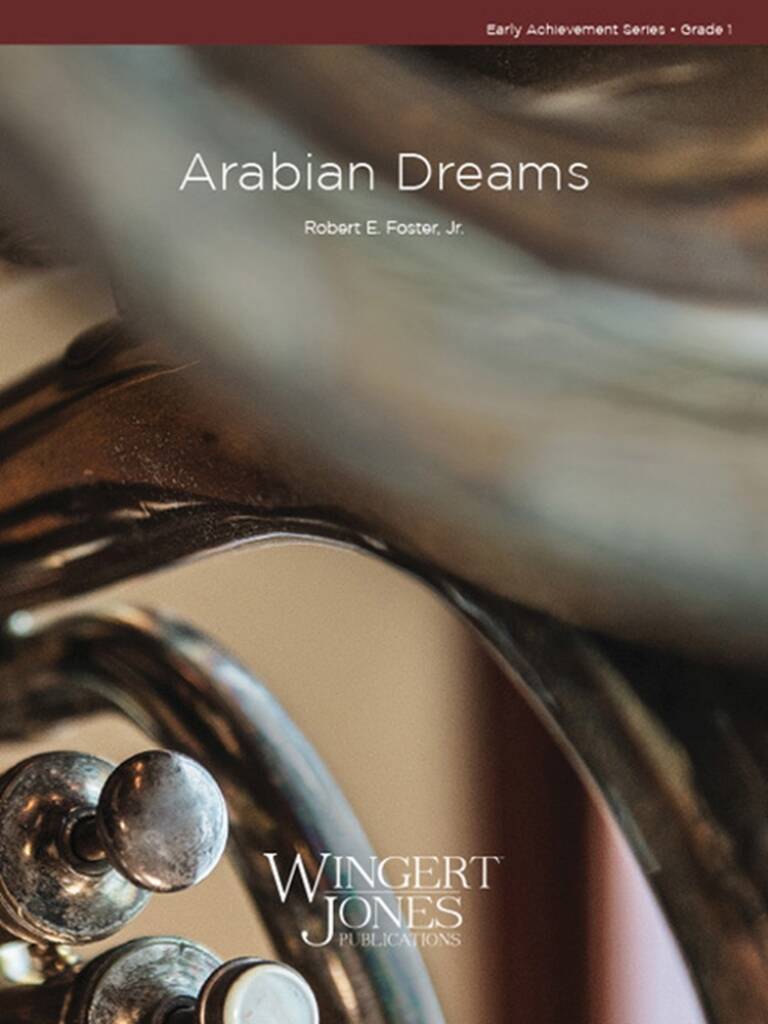 £54.99
£54.99Arabian Dreams - Robert E. Foster Jr.
Arabian Dreams captures the mystique and sense of adventure that surrounds the picturesque desert land of Arabia. The exotic sounds begin slowly and mysteriously, leading to a lively tempo change and dance-like feel that is introduced by the percussion section. The colorful harmonies provide a great opportunity to introduce young musicians to the use of accidentals, making this an educational as well as an entertaining addition to elementary band programs.
Estimated dispatch 7-14 working days
-
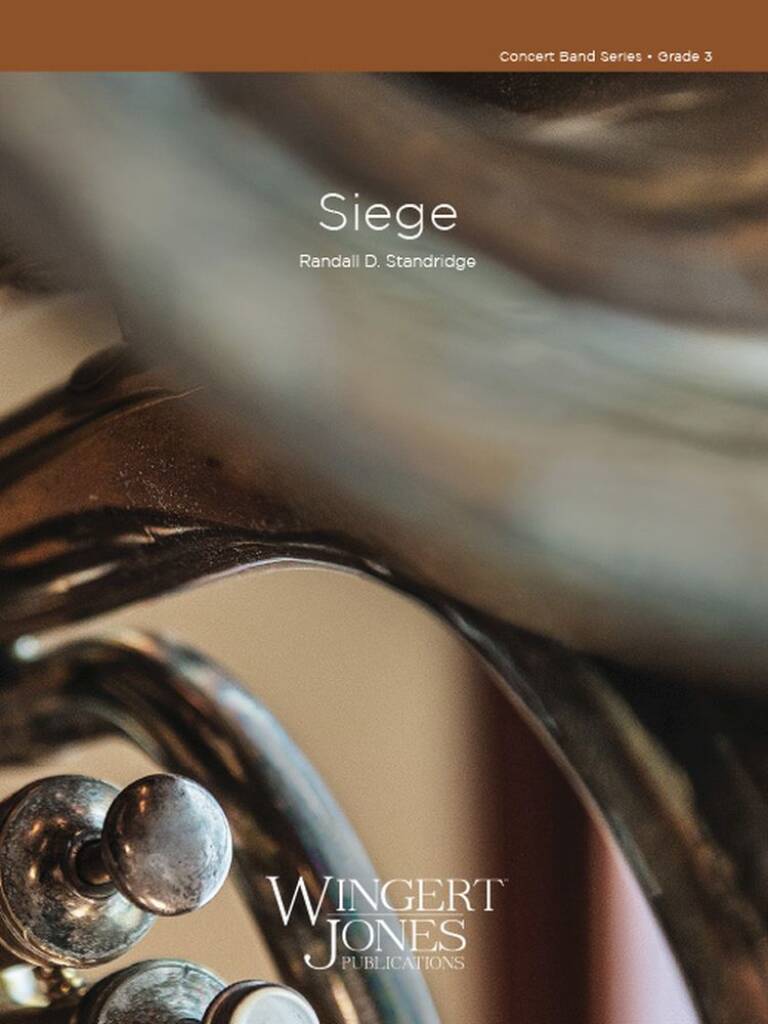 £82.50
£82.50Siege - Randall D. Standridge
A powerfully creative work that evokes all the danger and excitement of a grand and ferocious battle - at sea, on land, or even on some far-off planet. The end result is a creative concert work that uses both symphonic and cinematic language that will appeal to a broad range of players and audiences.
Estimated dispatch 7-14 working days
-
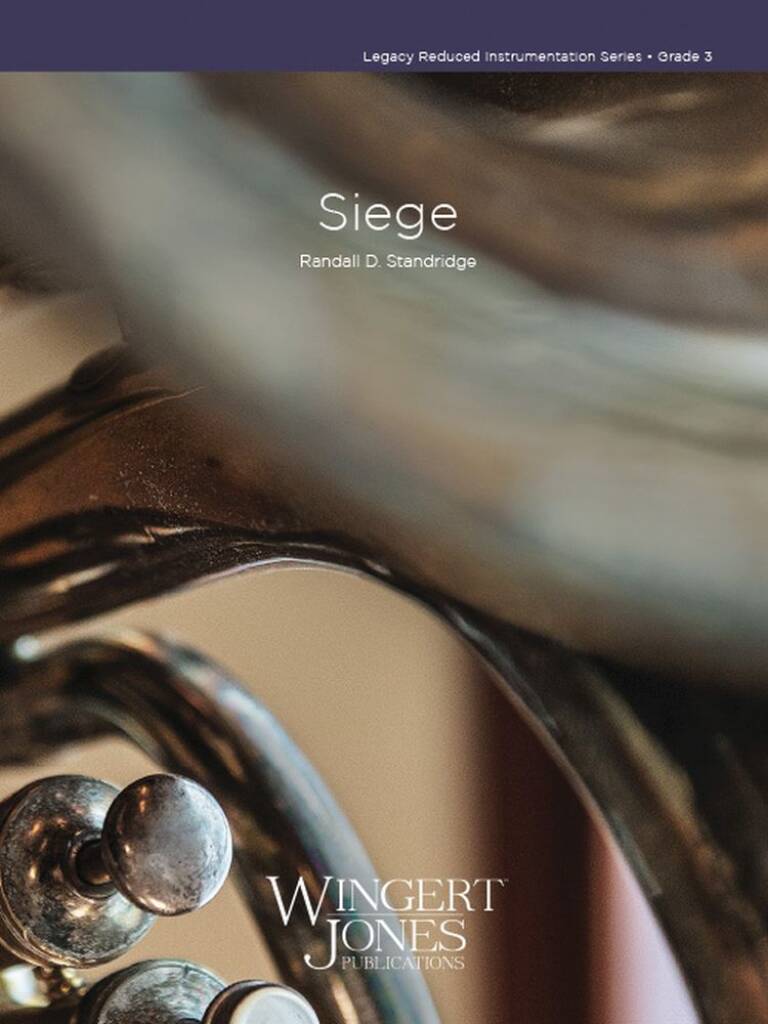 £82.50
£82.50Seige - Randall D. Standridge
A powerfully creative work, expertly adapted from the original composition for smaller bands that evokes all the danger and excitement of a grand and ferocious battle - at sea, on land, or even on some far-off planet. The end result is a creative concert work that uses both symphonic and cinematic language that will appeal to a broad range of players and audiences.
Estimated dispatch 7-14 working days
-
 £76.99
£76.99Where dreams have no end - Johan Nijs
Every one of us has a place - or maybe more than one place -where we can hide away and dream. It is the place where you canwithdraw into yourself, undisturbed, and can muse on whateveris on your mind. Where Dreams Have No End, a composition byJohan Nijs, takes both listener and performer out of day-to-dayreality to the 'land of dreams' where the only limit to what happensis your own imagination. Live your dream with this compelling newconcert item.
Estimated dispatch 7-14 working days
-
 £89.99
£89.99All Over the Country - Gerald Oswald
In his solo piece for alto saxophone and concert band, Gerald Oswald presents a musical palette of landscapes, moods and human characters. The music reflects different and contrasting moods and lifestyles. The composer set out to show the diversity,the cultural differences and the contrasting ways of life that might exist right next to each other on a piece of land. The result is a varied composition, sure to bring joy to the soloist, the concert band and audience alike!
Estimated dispatch 7-14 working days
